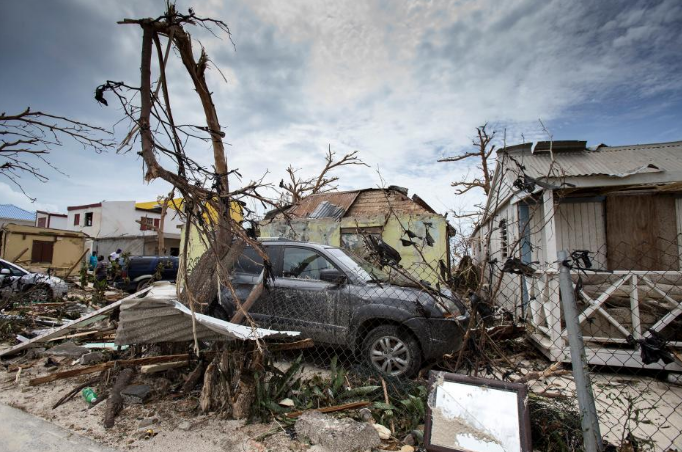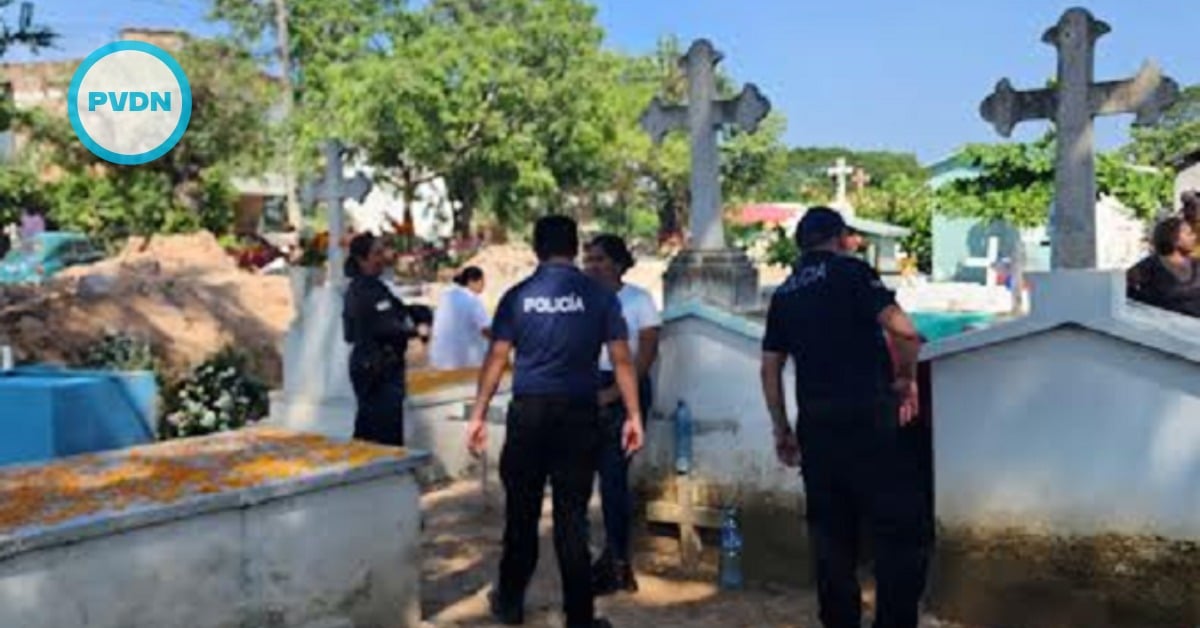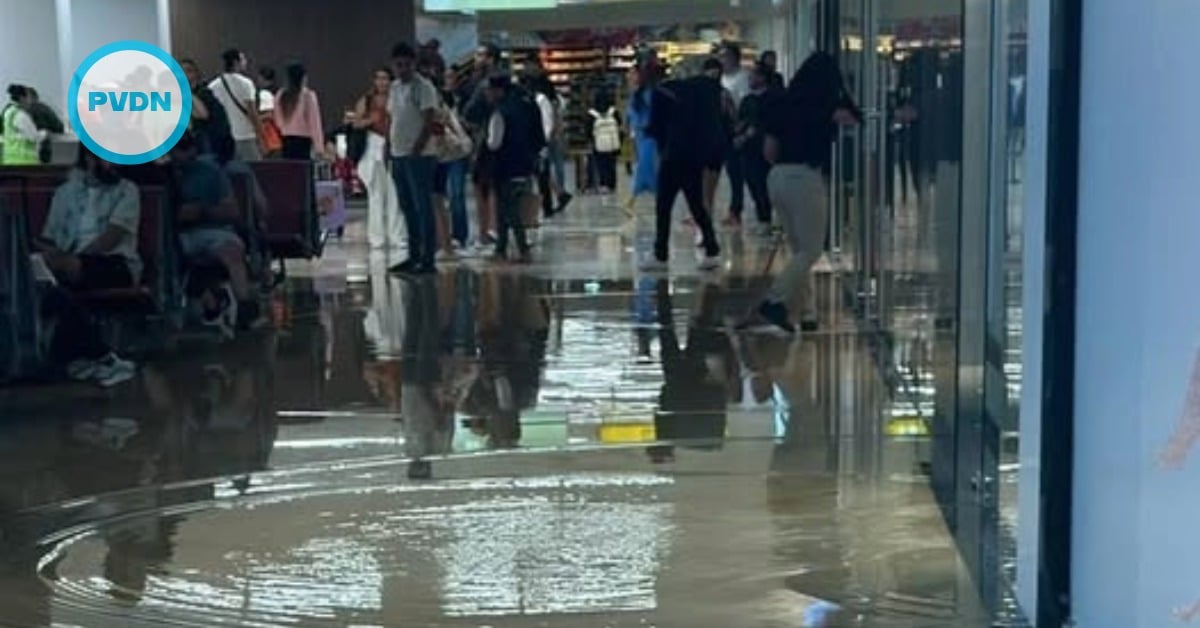Hurricane Irma menaced Cuba and the Bahamas on Friday as it drove toward Florida after lashing the Caribbean with devastating winds and torrential rain, killing 19 people and leaving a swathe of catastrophic destruction. Florida Governor Rick Scott issued a stark warning to resid…





